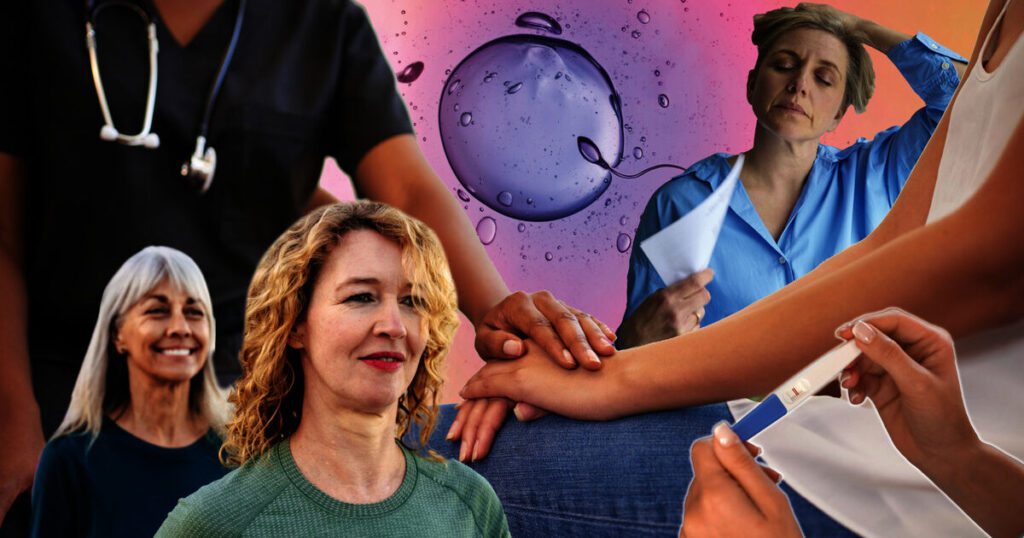An Irish Examiner Ipsos B+A survey reveals that nearly 40% of women in Ireland experience feelings of loneliness and isolation, while only 8% believe mental health services are easily accessible.
Despite nearly half of the women surveyed indicating that it is easier to discuss mental health challenges today, significant barriers to accessing support persist.
The survey encompassed 1,078 women across Ireland.
Participants were asked to respond to the statement: “I often feel lonely or isolated nowadays.”
Responses indicated that 12% strongly agreed, 27% somewhat agreed, and 18% strongly disagreed.
Almost two in five women have consulted a healthcare professional regarding their mental health in recent years.
However, a larger proportion – 60% – reported not seeking professional mental health support during the same period.
Specific issues, such as fertility struggles, miscarriage, perimenopause, and to a lesser extent, menopause, were identified as factors driving women to seek help.
Of those women who sought professional mental health assistance, 30% rated the accessibility of services as either poor or very poor.
In contrast, only 13% described access as very good, and 27% as good.
Breda Richardson, operations manager with the Solas Café in Cork, a HSE-funded facility offering out-of-hours mental health support, highlighted childcare as a potential obstacle.
“We’re creating an out-of-hours crisis café for people experiencing mental health difficulties,” she explained.
“We’re open Thursday, Friday, Saturday and Sunday evenings as a pilot scheme. People can make an appointment for up to 1.5 hours between 6pm and 10.30pm.”
“Even with that (flexibility), it still is a barrier for women because a lot of women are on their own and they do have children. And we can’t have children come to the café, there still is that barrier there,” she added.
“We have raised that, but it is difficult for people.”
The Solas Café sees many individuals who are “isolated” and experiencing “social anxiety,” along with carers supporting elderly relatives or spouses with physical or mental health issues.
The café provides “a listening ear” and can also refer individuals with more serious conditions to specialist services. Similar cafes are planned for Limerick and Waterford, according to Richardson.
The survey was commissioned by Feelgood and conducted by Ipsos B+A, utilizing a nationally representative sample of 1,078 women aged over 16.


